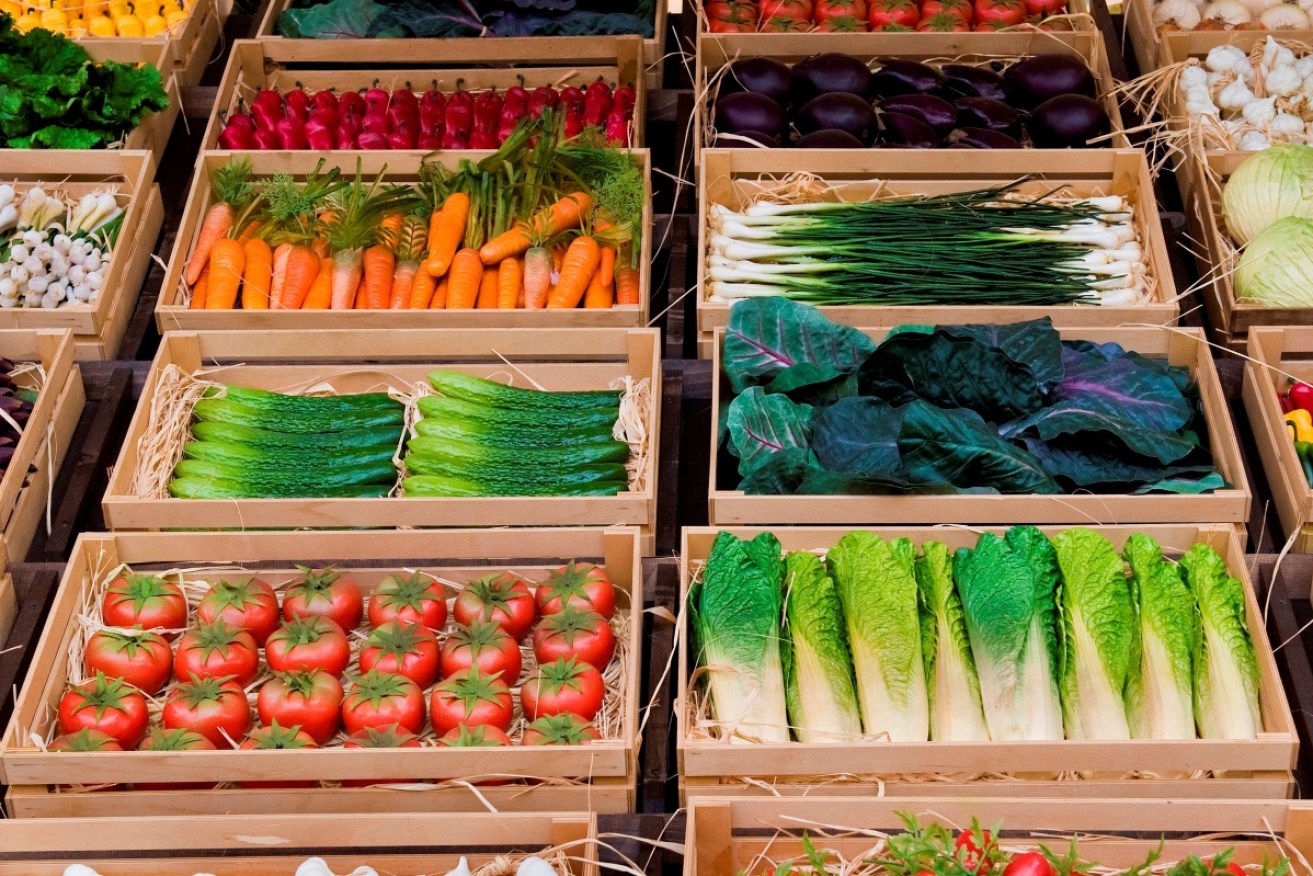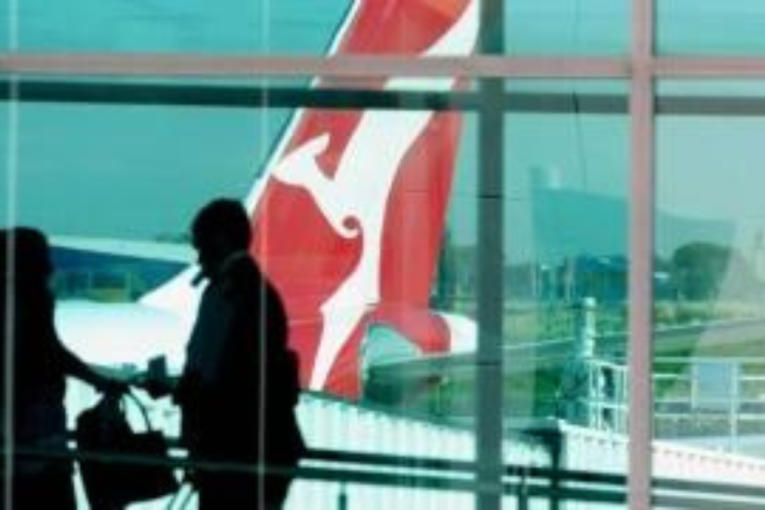Why state border closures will drive up grocery prices


Hard border closures between states could contribute to higher grocery prices in the short-term. Photo: Getty
Fresh produce could become more expensive in the weeks ahead as COVID-19 border closures make life more difficult – and costlier – for farmers.
Deputy National Party leader and Minister for Agriculture David Littleproud is now calling for state premiers to “come together” to find more practical ways to enforce border restrictions.
Hard borders between states – particularly along Australia’s east coast – are creating significant difficulties for farmers who own property or conduct business across multiple states, Mr Littleproud said.
And while the closures are important for limiting the spread of the deadly coronavirus, Mr Littleproud said current arrangements will have “unintended consequences” – including higher grocery prices.
“Hard closures are stopping the flow of silage contractors and grain harvesters between Queensland and NSW. Queensland veterinarians and agronomists are also unable to visit clients in Northern NSW,” he said.
Mr Littleproud said he wants premiers to consider how the practical application of their border closures affect rural Australians, and find ways to allow farmers to continue working.
The New Daily contacted Labor agriculture spokesman Joel Fitzgibbons’ office for comment, but did not receive a response in time for publication.
A logistical nightmare for some
Matthew Reeves, a senior industry analyst at IBISWorld, told The New Daily these sorts of disruptions add to the costs associated with running a farm, which leads to price jumps at supermarket tills.
Mr Reeves noted a similar thing occurred during the bushfire season earlier this year, when several critical interstate roads were closed.
These closures drove up the price of some fruits and vegetables – notably onions, broccoli, and cauliflower – by as much as 40 to 50 per cent in as little as a week.
By contrast, road freight is still permitted to cross from state-to-state.
But shoppers can still expect price fluctuations to drive up the cost of their groceries in the short term as farmers trapped on one side of a border look for new ways to manage their produce.
Workers in short supply
The inability to cross state lines is also creating problems for farmers’ workforce requirements, Mr Reeves said.
About 80 per cent of Australia’s horticultural workforce is made up of foreign workers, including backpackers.
Restrictions placed on international travel amid the pandemic has led to “dire workforce shortages”, according National Farmers Federation President Fiona Simson.
Already, the number of migrant workers in the country on working holiday visas has dropped to 80,000. This time last year that figure was more than 130,000.
This problem will only be exacerbated by state border closures, Mr Reeves said, as willing workers will not be able to fill positions on near-by farms.
In Victoria, the problem is worsened by restrictions preventing those living in central Melbourne or Mitchell Shire travelling further than 5km from their homes.
“That employment gap is probably going to have the greatest impact on supply going into the future,” he said.
“That would see increases in fruit and vegetable prices as a whole, but crops which start their harvest earlier will be most affected.”
Berries – which typically begin harvesting in November – face a “significant risk”, Mr Reeves said, because it’s less likely restrictions will have eased by the time farmers need to enlist seasonal workers.
Federal government is currently running a pilot program to allow workers from Vanuatu into the country to help with the Northern Territory’s mango harvest. If successful, similar programs could be used elsewhere to overcome labour shortages, Mr Reeves said.








